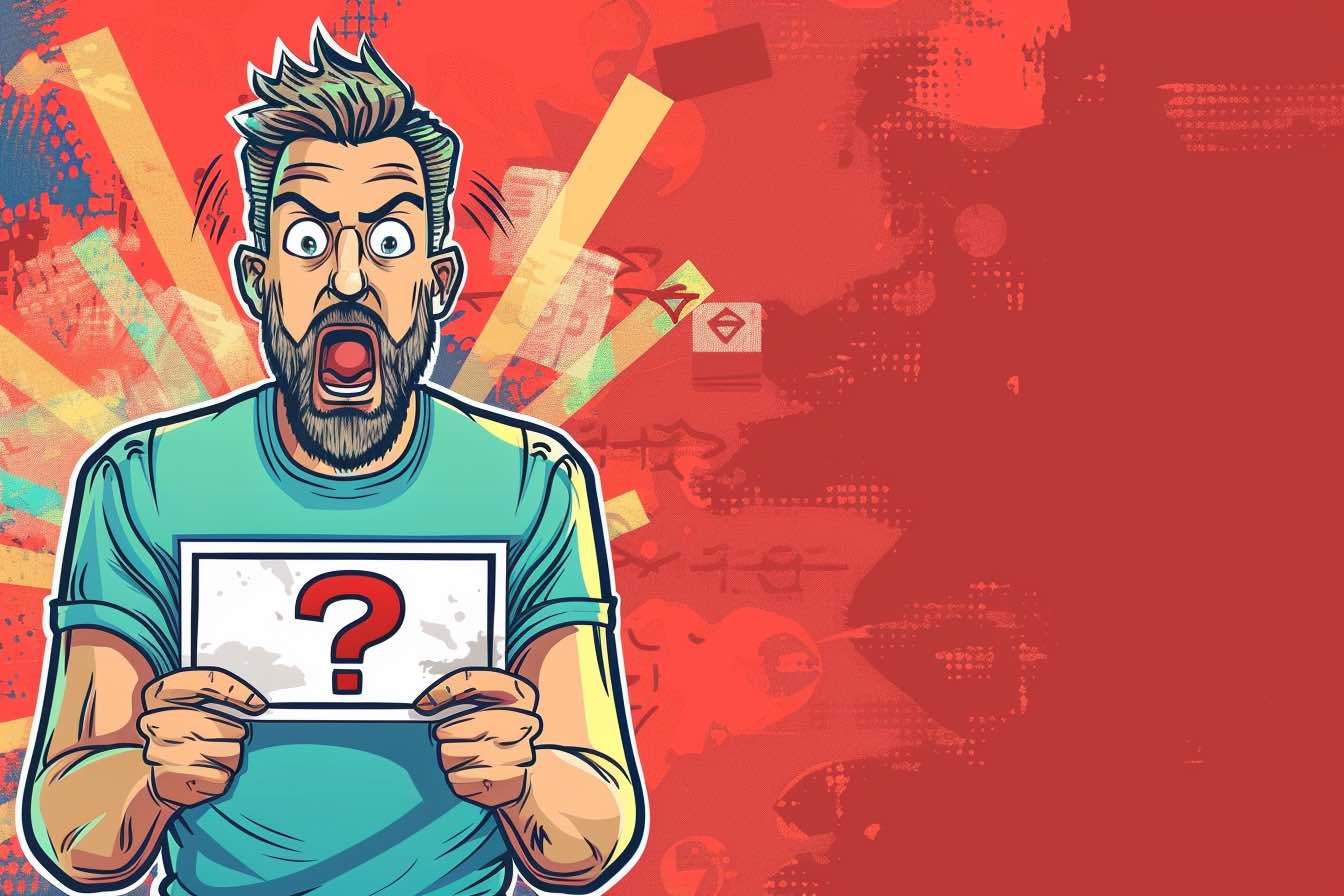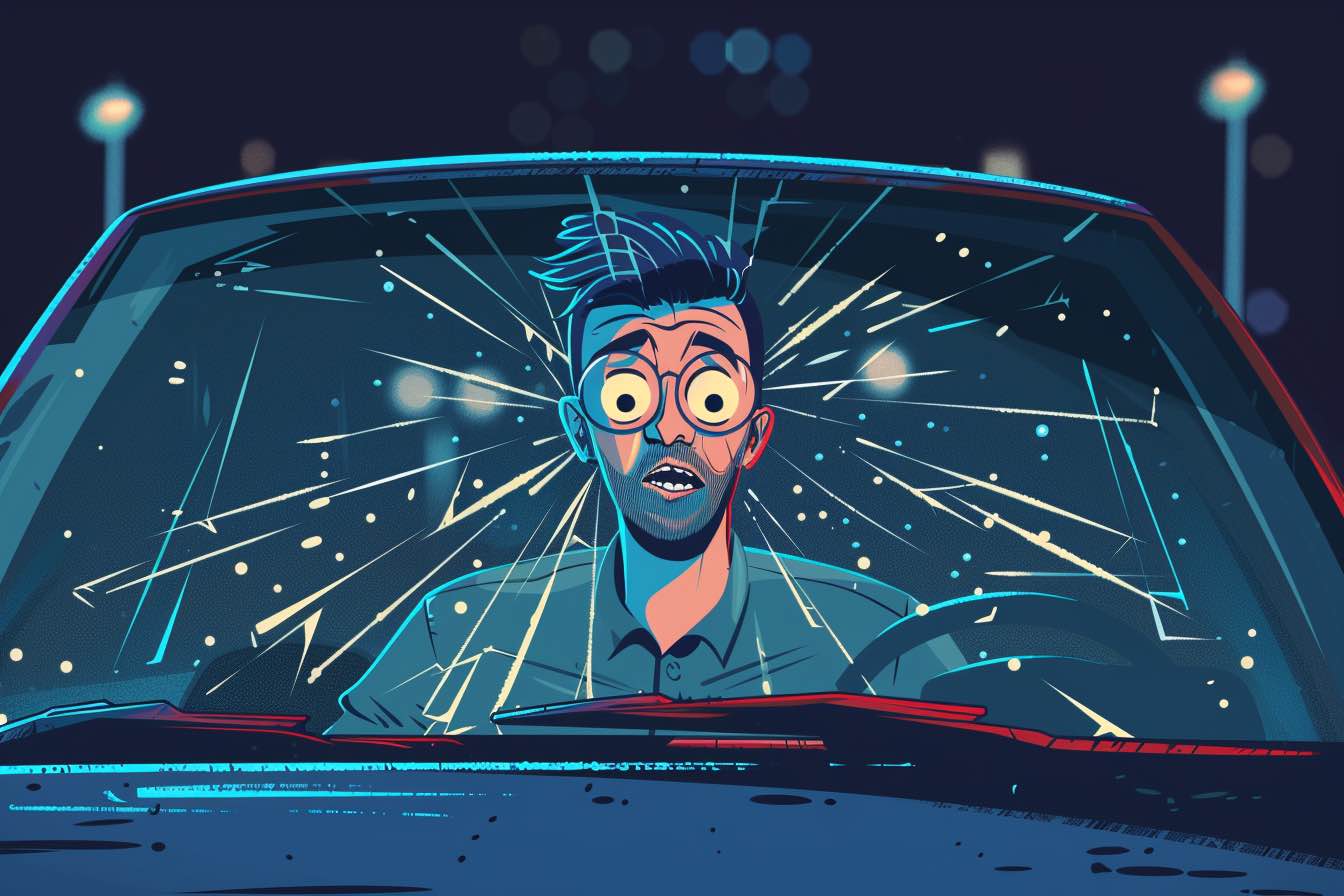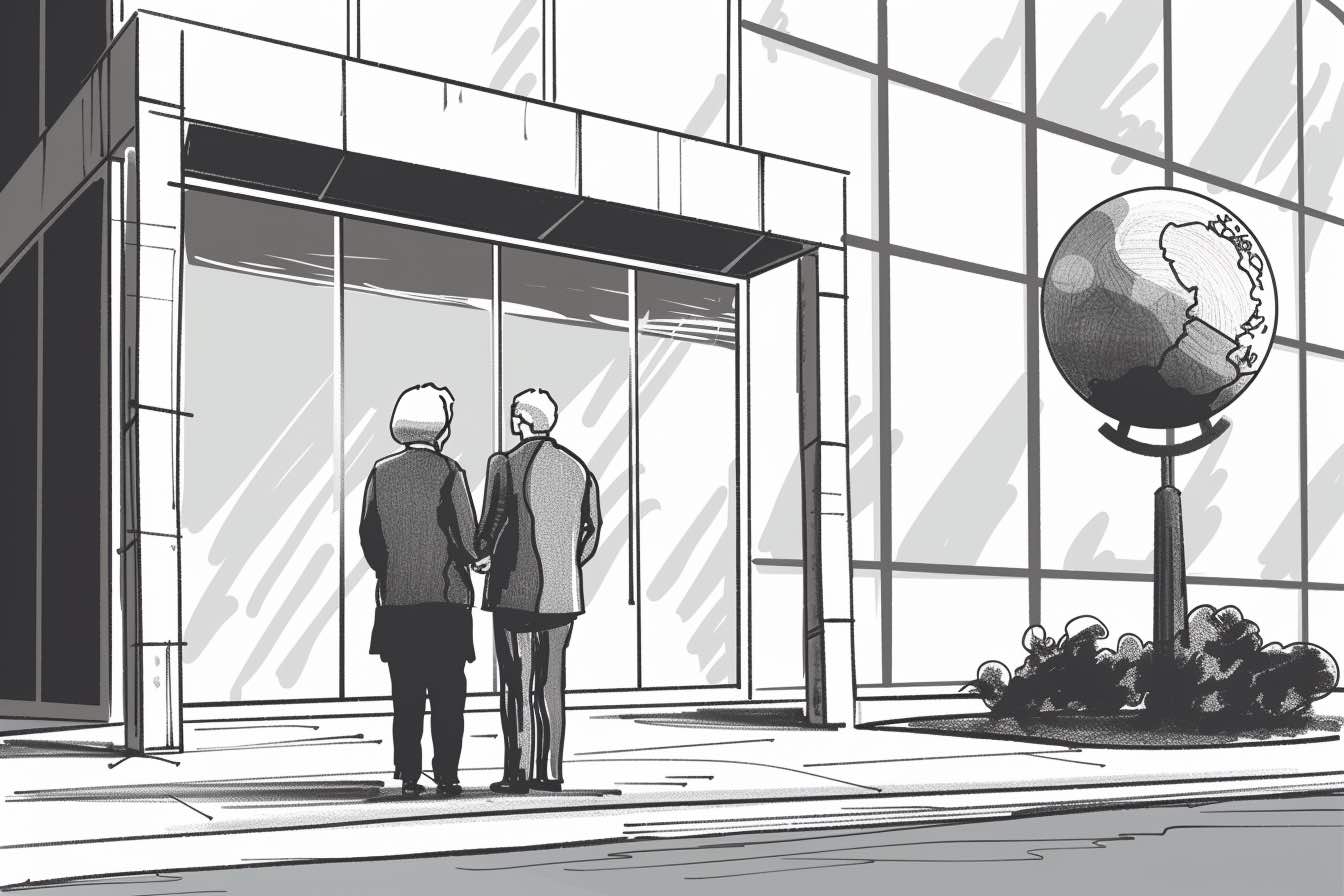Matt Cleinman’s recent flights from Barcelona to Portland, Ore., did not go well. Actually, that’s an understatement. “It was easily the worst airline experience I’ve ever had,” he said after American Airlines left him stranded at the airport because of a code-share problem.
Is there a fix for Cleinman’s airline problem, which cost him an extra $1,298? There is, but you might not like it. I’ll explain in just a minute.
Cleinman’s case is a code-share catastrophe, and it raises lots of questions:
- When something goes wrong on a code-share flight, which airline is responsible?
- How do you avoid a problem with code-share flights?
- What’s the best way to fix a code-share flight problem?
Before we answer these questions, let’s take a closer look at Cleinman’s flights.
“American Airlines stranded me in Barcelona”
Cleinman’s problem started when he called American Airlines to see if he could delay his return flight.
“The helpful representative I spoke with looked into a few possible options for changes – and attached them to my booking – but I ultimately decided to keep the original flight,” he recalls.
But the next day, when he arrived at the airport in Barcelona to fly on the first leg of his flight from Barcelona to London, he couldn’t check in.
Here’s where things got a little complicated. He was on a code-share flight operated by British Airways. A British Airways representative told him there was some kind of hold on his ticket but that he needed to talk to American Airlines.
American Airlines referred him to one of its ticket counters and then to its reservations department, neither of which could help him.
And then the gate closed and Cleinman missed his flight. He asked American to put him on the next available flight, but it would not. A representative said the airline needed a waiver to put him on another flight but couldn’t get one.
“American Airlines stranded me in Barcelona,” he says.
Cleinman paid another $1,298 to get home. He thinks American Airlines should cover the cost of the new flight.
Did Cleinman handle this correctly?
When something goes wrong on a code-share flight, which airline is responsible?
A code-share agreement is a business arrangement between two airlines to sell seats on each other’s flights.
There are two parties in a code-sharing agreement:
The operating carrier is the airline that flies the plane.
The marketing carrier is the partner airline that sells seats on the operating carrier’s flights.
Cleinman’s first flight was on British Airways from Barcelona to London. British Airways was the operating carrier but American was the marketing carrier.
But Cleinman’s ticket was on American Airlines ticket stock, which meant that American “controlled” the ticket. And any changes would have to be made through American.
When Cleinman called American to inquire about his ticket changes, it made some changes that apparently voided his entire ticket.
So before we go any further, let us state the obvious:
The American Airlines rep Cleinman spoke to apparently thought he wanted to make a change. If possible, make any ticket changes online instead of by phone. This will avoid any misunderstandings. (Here’s everything you need to know about booking an airline ticket.)
But were there any other ways of avoiding trouble? Actually, yes.
How do you avoid a problem with code-share flights?
You can avoid a problem with a code-share flight by avoiding a code-share flight.
I know — thanks, Captain Obvious. But hear me out.
Code-share agreements are odd and anticompetitive arrangements that only really exist in the airline industry. We don’t have code-share hotels or code-share cars. When you book a Marriott, you expect to stay in a Marriott. When you rent a Tesla, you expect to get a Tesla.
Codesharing is confusing to customers, too.
If you must take a code-share flight, you have to remember that it’s not like a normal flight. There are a lot of moving parts that can break.
Where do you check in?
If both airlines operate at the airport (as in Barcelona), where do you check in? Usually, it’s the operating carrier. Cleinman would have had to check in with British Airways.
Who is responsible when there’s a code-share problem?
Generally, the name of the airline on your ticket is the one that is responsible when it comes to fare rules and most customer service issues. That’s the airline to contact when something goes wrong, like a canceled leg. So, in this case, Cleinman shouldn’t have asked British Airways for help — everything would have been handled through American Airlines.
OK, that’s good to know. But what about Cleinman’s problem?
What went wrong with this code-share flight?
It looks like American Airlines may have canceled the first part of Cleinman’s return trip. He tried to fix it in the minutes before his departure, but ultimately couldn’t. He then paid for a new one-way ticket home.
American Airlines could have easily determined what happened by reviewing the call records and checking his reservation. So I decided to ask the airline. (Related: Who gets the money from American Airlines’ record $4.1 million fine? Not you.)
A representative called Cleinman and acknowledged that he had “challenges” on his international trip. She said British Airways listed him as a no-show.
A no-show means exactly what it says — that he didn’t show up for his flight on time. The airline canceled his flight and kept his money.
American Airlines offered to refund him $506, the cost of the unused flight segment. It also offered him a $791 flight credit, which is the additional amount he paid to get home on another flight. (Related: American Airlines changed my flight. Can I get my money back?)
Cleinman refused the offer.
“I told the representative that I originally bought a ticket because of American Airlines’ actions,” he says. “They made me miss my flight. They refused to put me on another flight. They forced me to buy a ticket home.”
“I want to be reimbursed for the second ticket,” he adds.
But American Airlines doesn’t see it like that. Its perspective, according to Cleinman, is that British Airways said he didn’t show up for his flight.
“It’s my word against British Airways’,” he says. “I reminded her that call logs and chat logs from American Airlines can verify my story.”
Is this enough compensation for a code-share problem?
It’s good of American Airlines to offer Cleinman some compensation for his flight. But is it enough?
This problem goes to the heart of code-share alliances. Airlines are happy to share in the spoils of code-sharing. But when it comes to taking responsibility after something goes wrong, they love to point fingers instead of offering solutions. I’ve seen this kind of thing too often, and it’s one reason why I’m such a code-sharing skeptic. If airlines took full responsibility when things went wrong on a code-share flight, I might be less of a critic.
My advocacy team and I asked American if that was its final answer. A few weeks later, Cleinman got some good news.
“American Airlines has made me whole,” he told me. “Between a refund to my credit card for the unused amount of my ticket — due to their issues — and a reimbursement check, they’ve paid me for the ticket I had to buy because of their errors.”
But there’s a bigger question here. Should code-sharing be allowed to exist in its current form?
The poll is open, and your comments are welcome.



